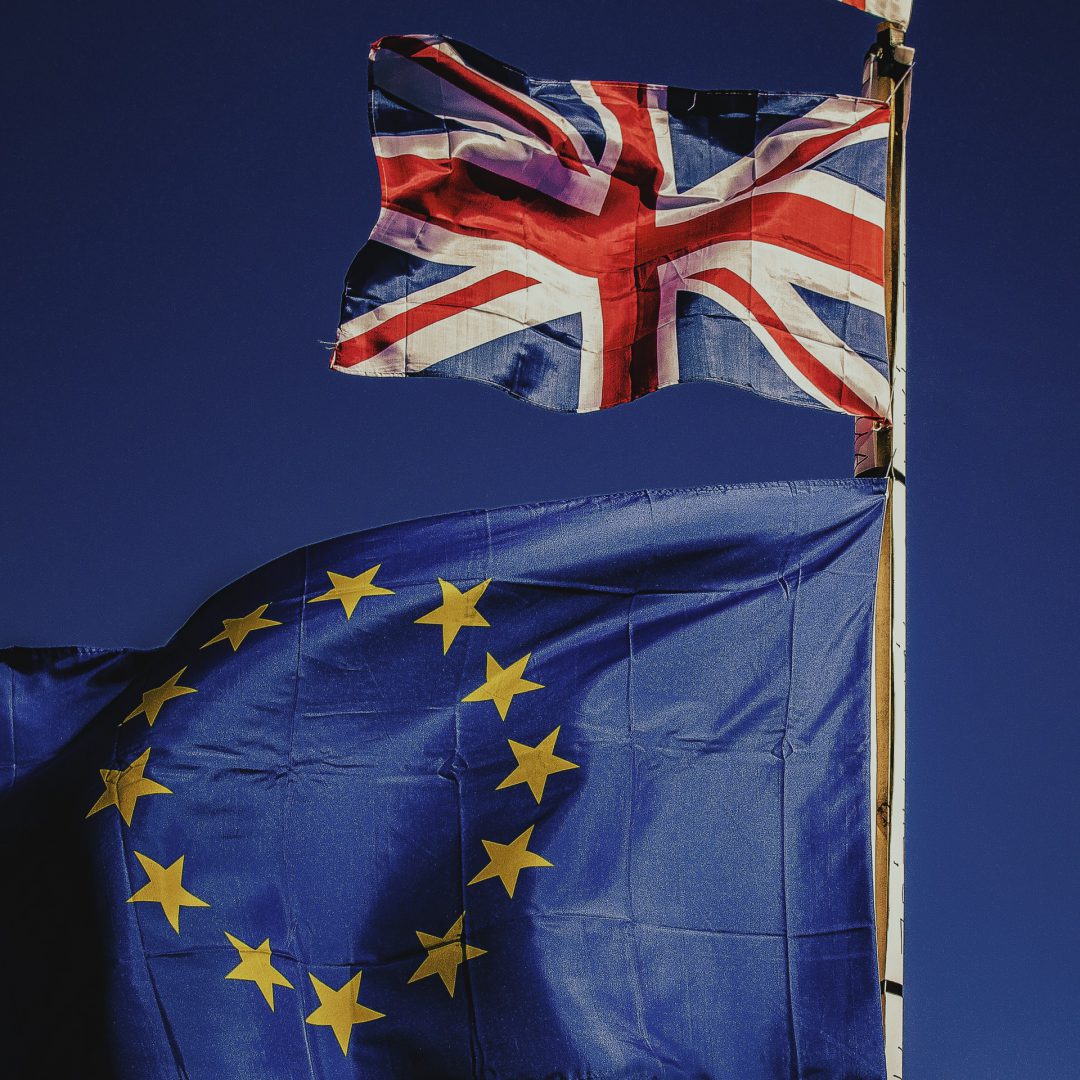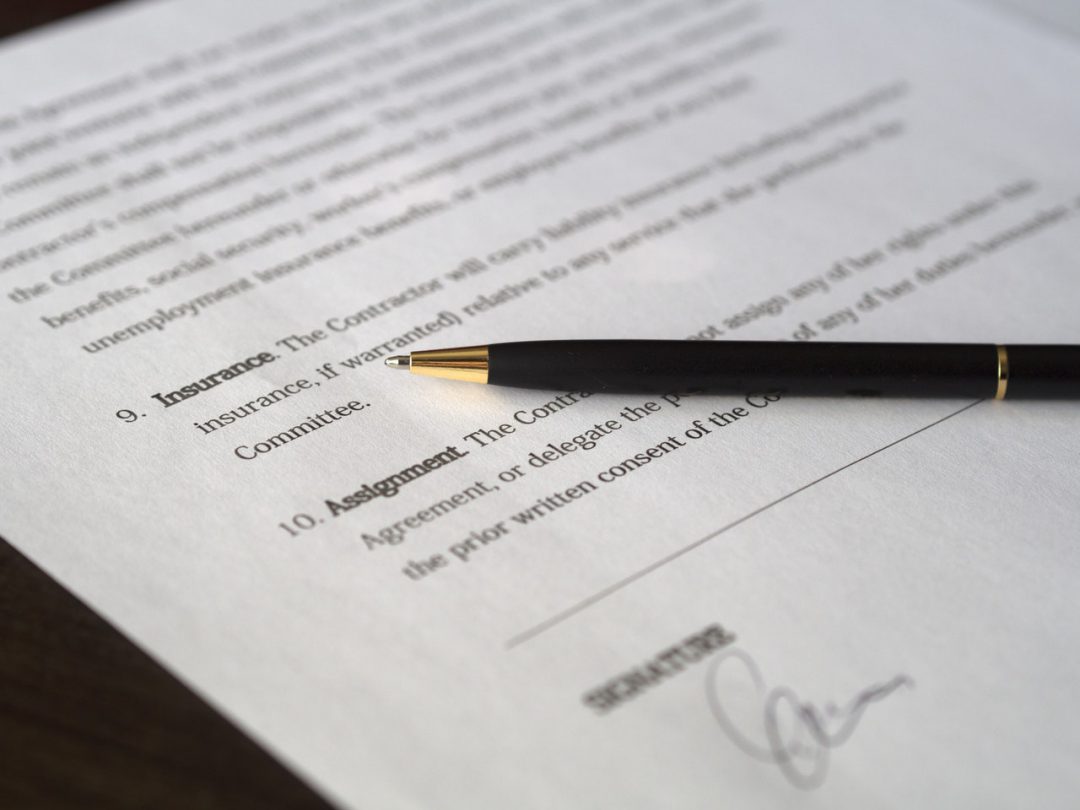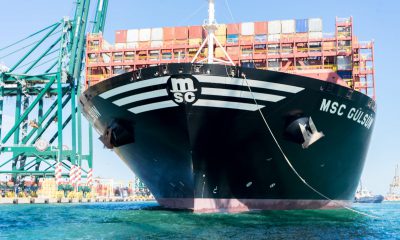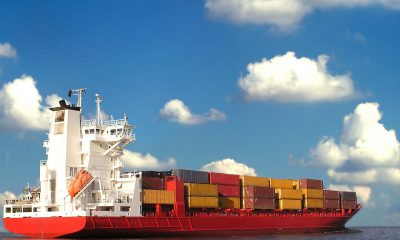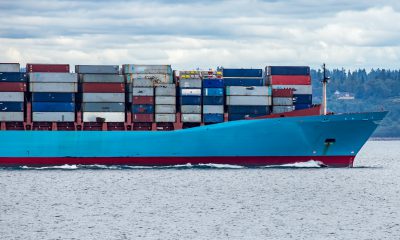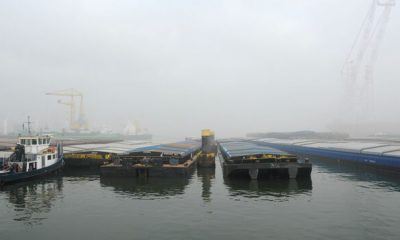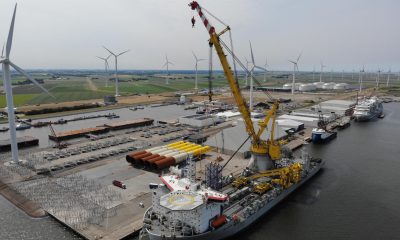The Maritime and Port Authority of Singapore (MPA) will provide further financial support to the maritime industry in the wake of the global COVID-19 (Coronavirus Disease 2019) outbreak.
The maritime sector is key to Singapore’s economy. Sea trade, which accounts for over 80% of global trade, is particularly important during this time to ensure the flow of essential goods including food and medicine. To provide support to the industry, MPA has announced the MaritimeSG Together Package which will take effect from 1 May 2020. This is on top of previous measures announced under the Unity, Resilience and Solidarity Budgets.
The MaritimeSG Together Package, amounting to about $27 million, will provide:
a) Financial support to companies;
b) Financial support to individuals for training; and
c) Financial and employment support to Singaporean seafarers.
Financial support for maritime companies and individuals
30% port dues concession for all cargo vessels
To help vessel owners and operators of cargo vessels, MPA will provide a 30% port dues concession[1] for cargo vessels[2] from 1 May to 31 Dec[3] 2020. MPA will also grant a 30% port dues concession for all non passenger-carrying harbourcraft in the Port of Singapore over the same period.
50% rebate on counter rental and overnight berthing for regional ferry operators
MPA has earlier announced a 35% rebate to regional ferry operators to offset their monthly rental fees for overnight berthing of vessels and counter rental at Tanah Merah Ferry Terminal for three months starting Mar 2020. With effect from 1 May 2020, MPA will increase this support to 50% until 31 Dec 2020.
A new Maritime Cluster Fund-Internship Reimbursement Scheme will help maritime companies continue to provide students[4] who are Singaporeans or Singapore Permanent Residents with internship opportunities. MPA will co-fund 50% of the internship allowance paid by maritime companies, capped at $500 per month per intern, for up to a maximum period of six months.
MPA will also increase its co-funding support under selected Maritime Cluster Fund schemes to up to 90%. These measures seek to encourage upskilling and further support maritime companies in their digital transformation efforts during this period.
Credit management measures for maritime companies
MPA recognises that maritime companies may face challenges in managing their cash flows and meeting their financial obligations. MPA will exercise flexibility in credit management measures from 1 May to 31 Dec 2020.
Singaporean seafarers
During this COVID-19 period, seafarers are faced with uncertainty due to increased border control measures and crew change restrictions. MPA has been facilitating the return of Singaporean seafarers who wish to sign off when their ships call at Singapore.
We have about 500 Singaporean seafarers and they are an invaluable asset to Singapore’s maritime sector. To support them, MPA and the Singapore Maritime Officers’ Union (SMOU) will roll out the Seafarers Relief Package for eligible seafarers who are unable to secure shipboard employment between 1 May to 31 Jul 2020. They can apply to receive up to $800 per month in financial assistance.
To encourage Singaporeans to continue to pursue their career advancements, MPA, the Employment and Employability Institute (e2i), SMOU, and the Singapore Organisation of Seamen (SOS) are jointly providing $10,000 to eligible Certificate of Competency Class 1 (COC 1) holders who can accumulate at least six months of sea experience as Chief Officers or Second Engineers from Jan to Dec 2020.
To enable the Singapore Maritime Academy (SMA) cadets to complete their diploma and obtain their Certificate of Competencies (CoC) as scheduled despite disruptions to their shipboard training, MPA and SMA will exercise flexibility on the curriculum requirements and put in place alternative arrangements such as carrying out classroom trainings online and deferring shipboard training. MPA has also started to carry out oral examinations via video-conferencing for seafarer candidates so as not to hold up the advancement of their careers.
MPA will continue to partner seafarer welfare associations to providing for the needs of seafarers onboard ships calling at Singapore. MPA will provide a one-off increase of $50,000 to its annual contribution of $150,000 to the seafarer missions in May 2020. The annual grant supports a wide range of welfare services for seafarers including free counselling services and pastoral care which are both available online.
“The effect of global supply chain disruption is increasingly being felt by the shipping industry. It is timely that more support be offered to the industry. While every crisis brings uncertainty, it also brings opportunity. The MaritimeSG Together Package aims to provide targeted support for the maritime companies, individuals, and seafarers. They have been working tirelessly to keep our ports open and cargoes going. Besides showing our appreciation for them, MPA also hopes to take this opportunity to accelerate the transformation of Maritime Singapore for the future. I am confident that this will better position Maritime Singapore for the new normal post COVID-19,” said Ms Quah Ley Hoon, Chief Executive of MPA.
Please refer to
Annex A for video links to soundbites by Ms Quah Ley Hoon, Chief Executive of MPA, Ms Mary Liew, General Secretary of the Singapore Maritime Officers’ Union, and Capt Lee Chee Seong, Fleet Director, Pacific Carriers Limited Singapore.

